 The Importance Of Knowing What Is “The First Notification of Claims Made Policy”
The Importance Of Knowing What Is “The First Notification of Claims Made Policy”
‘Claims made’ policies are policies commonly associated with professional liability policies, such as Directors & Officers (D&O), Employment Practices Liability (EPL), and other miscellaneous professional liability policies including Lawyers Professional Liability. With an executive policy, it is critical to follow the “claims made” requirements. There are applicable exclusions if the carrier is not noticed when FIRST becoming aware of “circumstances that could give rise to a claim”.
What Is A Claim?
Before the insured can report a claim, it is important to know what constitutes one. In many instances, a claim may be defined as “an oral or written demand for monetary or non-monetary damages, including any judicial or administrative proceeding.” Not all policies utilize this exact wording, be sure you’re aware in regards to your own policy.
In a ‘claims made’ policy, a claim is the mere knowledge by certain individuals within the company of “circumstances that could give rise to a claim”. As previously stated, knowledge could mean any written or verbal demand for monetary or non-monetary relief by civil, criminal, or any other administrative or regulatory proceeding notification. This requires notification to the carrier, that is the date that the carrier will use as the “claims made” date. This notification must fall within the current policy term for coverage to be triggered.
These two scenarios from the Insurance Journal, are real life examples of incorrect notification of a ‘claims made’ policy.
Case 1:
During the policy period, the insured received a notice from the Equal Employment Opportunity Commission (EEOC) alleging “discrimination”, i.e. “a wrongful act”, by a former employee. The insured did not report it to the carrier. By the policy definition, that notice, i.e. an administrative proceeding, could be considered a claim. Unfortunately, the insured may not realize that this could be deemed a claim because an actual lawsuit or demand was not filed against him or her. Therefore, the insured may not be obligated to report this to the carrier.
In that situation, if a lawsuit were filed against the insured after the policy expiration, after the Extended Reporting Period (ERP), if applicable, or even against a subsequent policy term, no coverage would be afforded because the notice by the EEOC served as the actual notice of claim, NOT the lawsuit recently filed. Conversely, if the insured reports the EEOC complaint during the policy period on the 60-day ERP in this case, coverage would apply.
Case 2:
An employee of a furniture manufacturer was being sexually harassed by another employee. The harassed employee informed the supervisor of this incident via e-mail and asked for intervention, i.e. “non-monetary demand”. The supervisor took an internal report, but did not report the claim to the insurance company during the policy period or 60-day ERP. Seventy-five days after the policy expired, the harassed employee filed a lawsuit against the company and then the company reported the claim to the carrier.
Coverage was subsequently denied because the claim was not reported during the policy or ERP. In this case, the insured did not realize the notice to the supervisor of the harassment served as notice of a claim under the definition of the policy because that was the claim trigger.
Right & Duty To Defend
In most liability type policies, the insurance carrier shall have the right and duty to defend any claim. This means the insurance carrier chooses and assigns the attorney that will defend the insured, even when there is a deductible or Self-Insured Retention (SIR). The carrier is under no obligation to accept an insured’s choice of counsel unless this has been endorsed on the policy. Additionally, the carrier will likely not apply any fees incurred prior to notification to the carrier towards the SIR.
‘Claims made’ policies can be complicated. It’s important to take the time and be diligent in understanding the terms and conditions. A mistake could cost your company tens of thousands of dollars.



